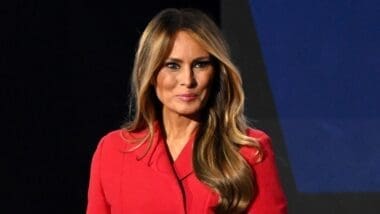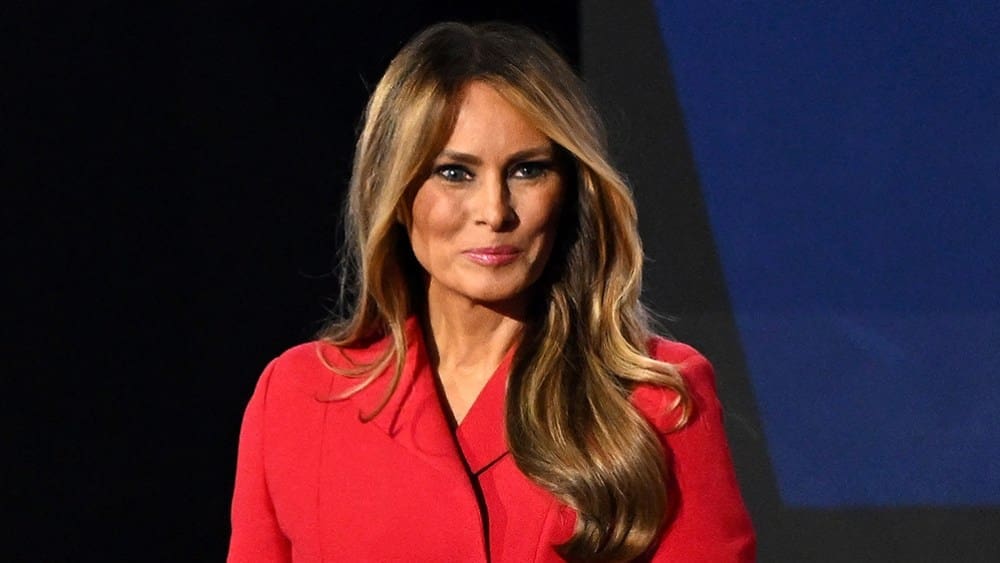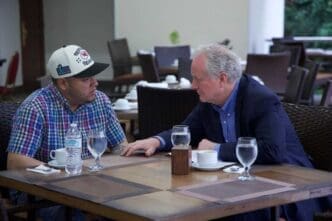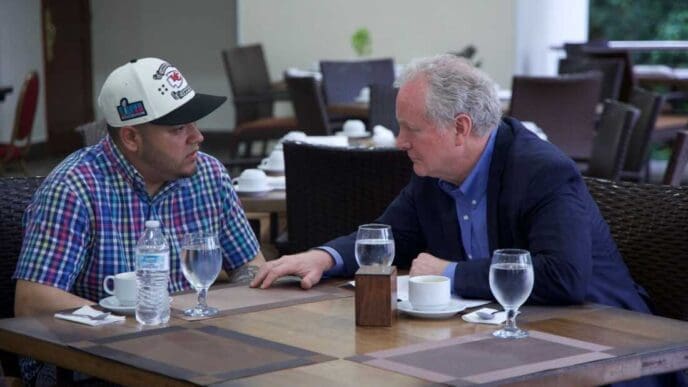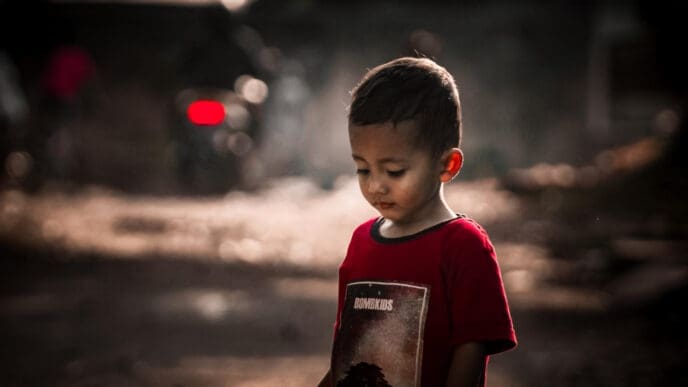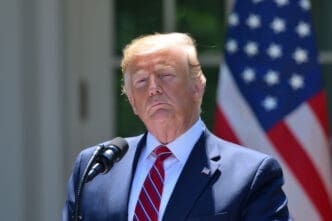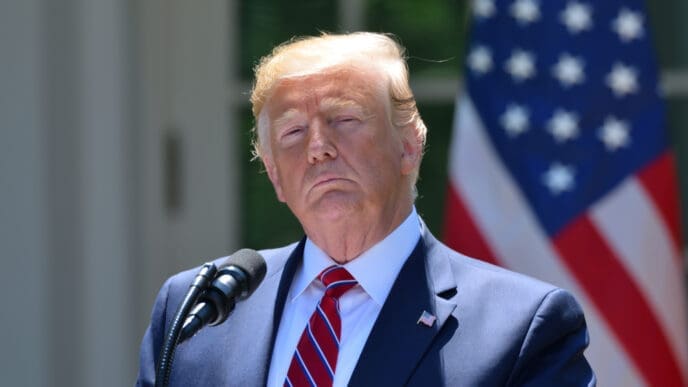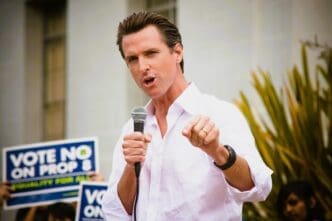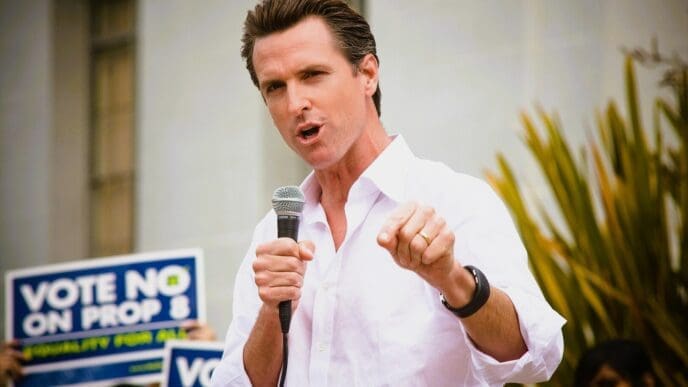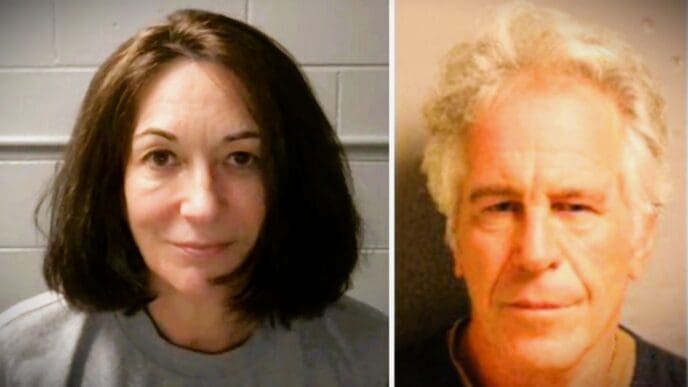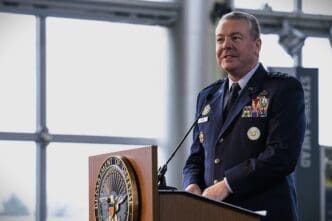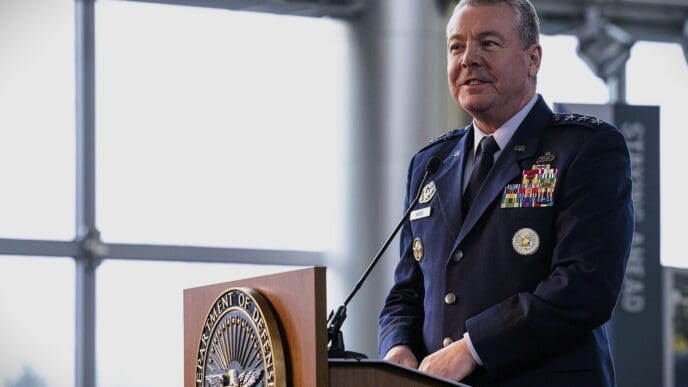Executive Summary
The Story So Far
Why This Matters
Who Thinks What?
Melania Trump has adopted an understated yet influential role during President Donald Trump’s second term, marked by a notable public absence from Washington but a targeted engagement in private diplomacy. This approach was highlighted when she penned a direct appeal to Russian President Vladimir Putin, urging him to consider the plight of children impacted by war, as President Trump prepared for a high-stakes summit in Alaska aimed at ending the conflict in Ukraine.
A Public Absence, Private Influence
Despite her significant public profile, Trump has rarely been seen publicly during this term, making appearances on just 19 days compared to 40 at this point in President Trump’s previous term. Her East Wing staff is also considerably smaller than that of her predecessors.
However, sources familiar with the matter indicate that Trump remains in frequent communication with her husband through texts and calls. President Trump has recounted instances where his wife provided a “healthy dose of skepticism” regarding his conversations with Putin, often reacting strongly to news coverage of ongoing conflicts.
Direct Diplomacy and a Focus on Children
Her letter to President Putin, delivered by Donald Trump during the Alaska summit, obliquely referenced the “darkness” surrounding children affected by war. While not explicitly naming Ukraine, the message underscored her consistent focus on the safety and future of children, calling on the Russian leader to “singlehandedly restore their melodic laughter.”
This diplomatic effort prompted Ukrainian President Volodymyr Zelensky to hand-deliver a letter from his wife to Donald Trump, addressed to the US first lady. Trump’s reactions to the wars in Ukraine and Gaza, as described by President Trump, have offered a form of reality check on conflicts he has pledged to end, consistently emphasizing the tragic impact on children.
Anita McBride, former chief of staff to first lady Laura Bush, noted Trump’s unique moral authority, particularly given her background growing up in communist Yugoslavia. McBride highlighted historical precedents for first ladies engaging in diplomacy, such as Nancy Reagan and Jackie Kennedy.
Selective Engagement and Domestic Concerns
Beyond international diplomacy, Trump’s interest in children has also driven her limited involvement in domestic policy. She has advocated for legislation against deepfake and revenge pornography and reportedly secured a $25 million investment for foster youth in President Trump’s budget.
Her selective public role was evident last month when she comforted young girls affected by catastrophic flooding in Texas Hill Country. Kate Bennett, a former CNN journalist and author, described her participation in such events as stemming from a genuine care for children impacted by tragedy.
Reduced Washington Presence and Staff
Trump’s current term is marked by a relative absence from Washington, as she splits her time between New York and Palm Beach. Her last known White House appearance was in July, and her public appearances are less than half of what they were at this point in President Trump’s first term.
Her East Wing staff currently comprises five full-time members, a significant reduction from the approximately 11 staffers in her first term and the more than 20 working for First Lady Jill Biden. The crucial role of White House social secretary remains unfilled.
In a rare interview, Trump indicated a cautious approach to hiring, aiming to ensure staff members serve her agenda. This hesitancy may stem from past public betrayals by former staffers, including Stephanie Winston Wolkoff and Stephanie Grisham.
Despite the smaller staff and reduced public presence, Trump has yet to outline new policy goals or an expansion of her first-term “Be Best” campaign. She has not undertaken solo foreign or domestic travel, nor announced plans for official state visits. Nevertheless, her infrequent but direct interventions on critical global issues continue to draw attention and demonstrate her influence.

